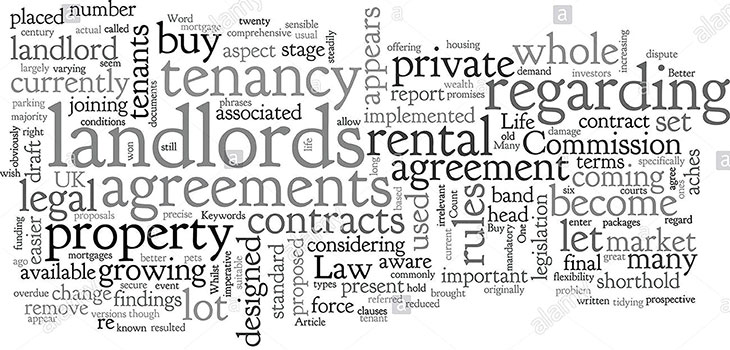
Introduction
Beyond the obligations of a tenant to continue to pay rent and service charges (see Pt 1, ‘Property law & the COVID-19 pandemic’, NLJ, 10 July 2020, p20) the lockdown restrictions give rise to a second major group of loosely related issues around the use and occupation of property.
Keep open covenants
Some commercial leases (particularly, for example, leases of retail units in a shopping centre) contain clauses which oblige the tenant to open for business, usually during specified hours. Can those clauses be enforced when the tenant ceases trading due to the pandemic? In most cases the answer seems clear. If the 2020 Regulations have compelled the closure of the business this would provide a defence to a claim for non-compliance with the covenant. (For more detailed treatment of the issue of keep open covenants see ‘(Still) open all hours? Tenants’ covenants to keep business premises open and to pay rent during









